Meet Christy Huff | Physician and Medical Director, Benzodiazepine Information Coalition
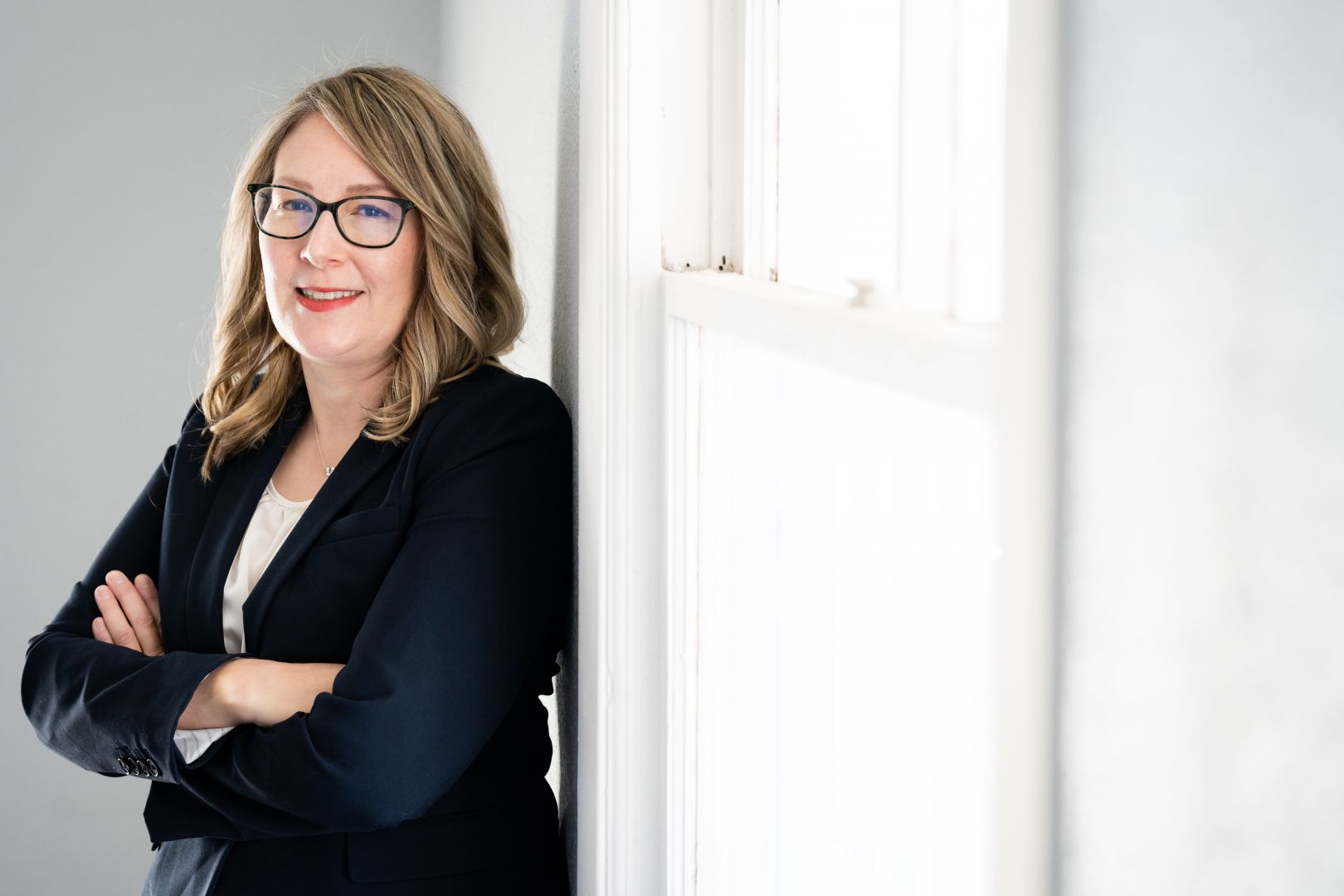

We had the good fortune of connecting with Christy Huff and we’ve shared our conversation below.
Hi Christy, how has your work-life balance changed over time?
Having a child in 2011 changed my priorities. Due to a knee problem I was experiencing, it was hard for me to manage a busy cardiology practice and simultaneously care for a newborn baby. At that point, I opted to become a stay-at-home mom. I was happy in that role, but my life changed again in 2015 when I was prescribed a benzodiazepine, Xanax, for trouble sleeping. Despite only taking the medication as prescribed, I became physically dependent. It took me over three years to taper off the medication, and I was very sick with withdrawal symptoms the entire time. It was hard to manage my daily life or care for my child. During that time, I became involved with my current nonprofit, Benzodiazepine Information Coalition, because I didn’t want anyone else to go through what I was experiencing. As part of my healing process from benzodiazepines, I’ve established boundaries around my work with my nonprofit. Now that I’m better and can manage a full workload, I think of my weekdays in two parts. I only do nonprofit work during the hours my daughter is in school. After I pick her up from school, I’m a mom shuttling her kid to activities, helping her kid with homework, and getting dinner on the table. I rarely work on weekends in favor of spending time with my family. I consider Sundays my Sabbath day, a time meant for resting and recharging my batteries for the week ahead.
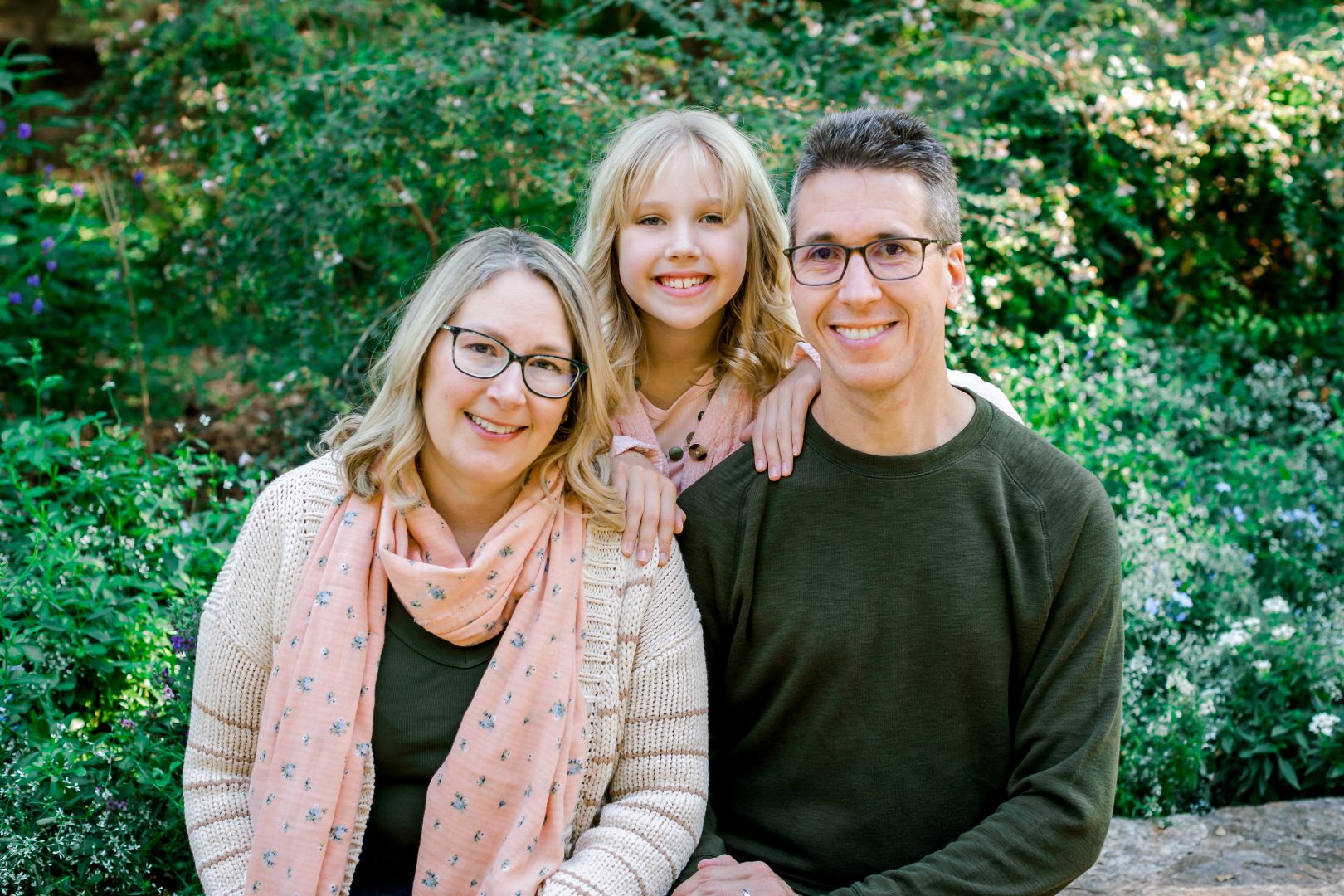
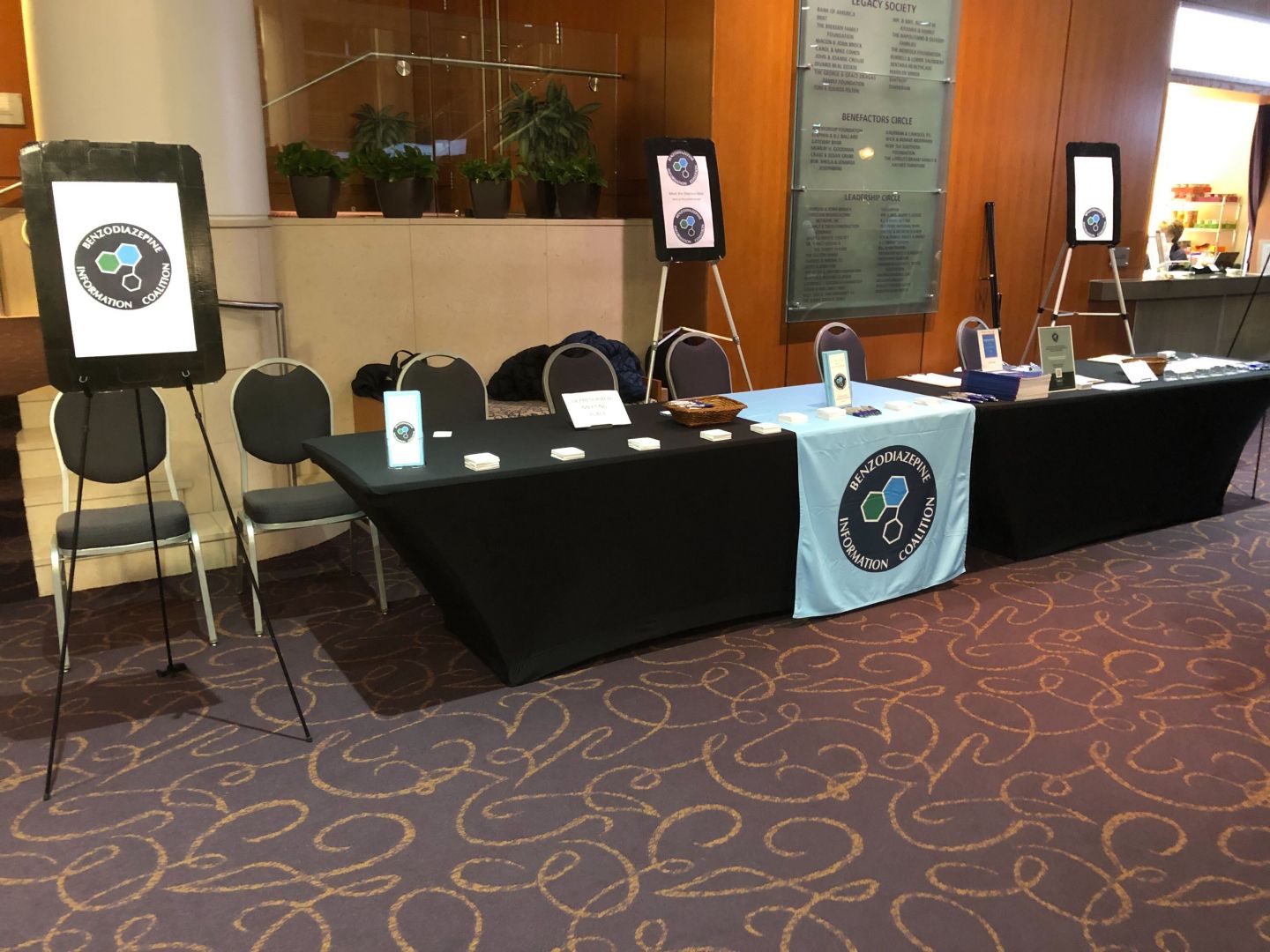
Can you open up a bit about your work and career? We’re big fans and we’d love for our community to learn more about your work.
I’m the medical director of a nonprofit, Benzodiazepine Information Coalition, which educates about the adverse effects of prescribed benzodiazepines (like Xanax or Valium). During the time I tapered off benzodiazepines, I met many other individuals in online support groups who were having difficult tapers and severe symptoms just like me. Most of these individuals had simply followed their doctor’s orders and taken the medication as prescribed. Although I’d never learned about it in my medical training or seen it on the warning labels, it became apparent through my research that benzodiazepines can damage the brain and nervous system. In some instances, symptoms are so severe that people die by suicide. Because of the lack of awareness in the medical community on this issue, many patients wanting to safely discontinue their benzodiazepine struggle to find help and support. Since 2016, my organization has been raising awareness about this issue and filling this gap in the medical community. We have an active Instagram, Facebook, and YouTube channel and our website has informational content and resources for both individuals struggling with these medications and their prescribers. In 2018, we encouraged benzodiazepine-harmed individuals to report their withdrawal symptoms to the FDA’s adverse events database. In part due to our efforts, the FDA issued stronger warnings on these medications in 2020. As part of my work with BIC, I speak and write frequently on this issue. Sometimes I’m amazed this is my new life because I have had a long-time phobia of public speaking. But I decided that as a physician, it was my duty to speak up about this issue, and I needed to get over myself. With that being said, it’s still not easy for me to speak. Due to the pandemic, most of my presentations have been virtual. I finally gave an in-person talk to a room full of medical professionals about my lived experience last August. As you can imagine, I was terrified. My legs were shaking, but I did it, and I received a standing ovation! During the last six years, I’ve picked up many new skills along the way in order to advance my nonprofit’s work. I’ve learned that I don’t have to be an expert to start working on a project, because I can learn what’s needed as I go. I’ve also learned the power of collaboration. I work with many like-minded advocates and we are continuing to advance this cause and make lives better for this group of patients.
Let’s say your best friend was visiting the area and you wanted to show them the best time ever. Where would you take them? Give us a little itinerary – say it was a week long trip, where would you eat, drink, visit, hang out, etc.
I’ve lived in Fort Worth since 2008, and we’ve gotten a lot of amazing new restaurants since I’ve been here. Some of my favorites are: Ellerbe Fine Foods for fine dining
Campisi’s for pizza
Piatello’s for Italian
Carshon’s Deli for sandwiches
Thailicious for Thai food
Little Lilly’s Sushi for sushi
I also love Fort Worth’s cultural district, and I have a membership to both the Kimbell Art Museum and the Modern Art Museum. My daughter and I love to visit the Vortex sculpture in front of the Modern and scream our heads off. It makes a great echo and was very cathartic during those first dark days of the pandemic. Try it!
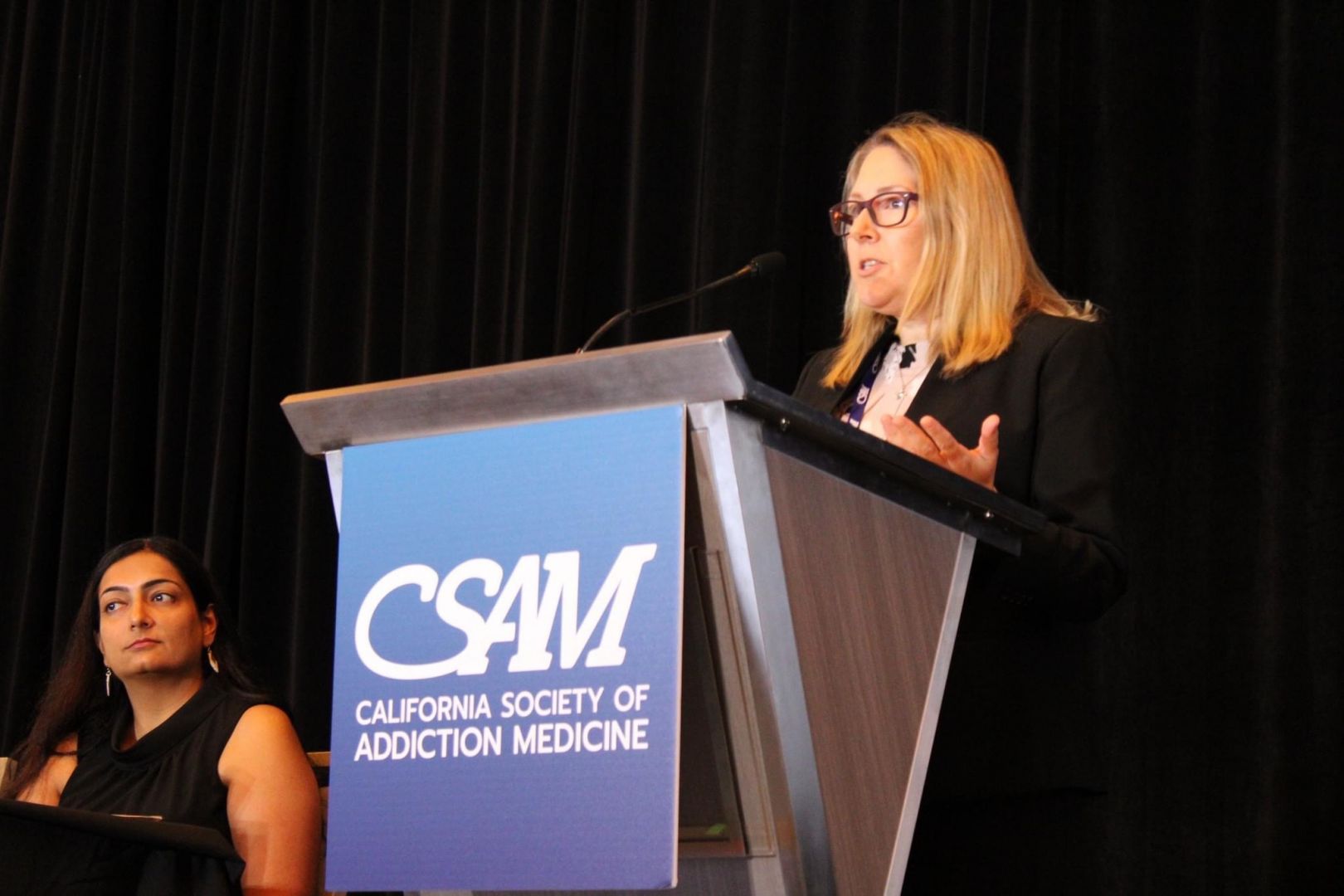
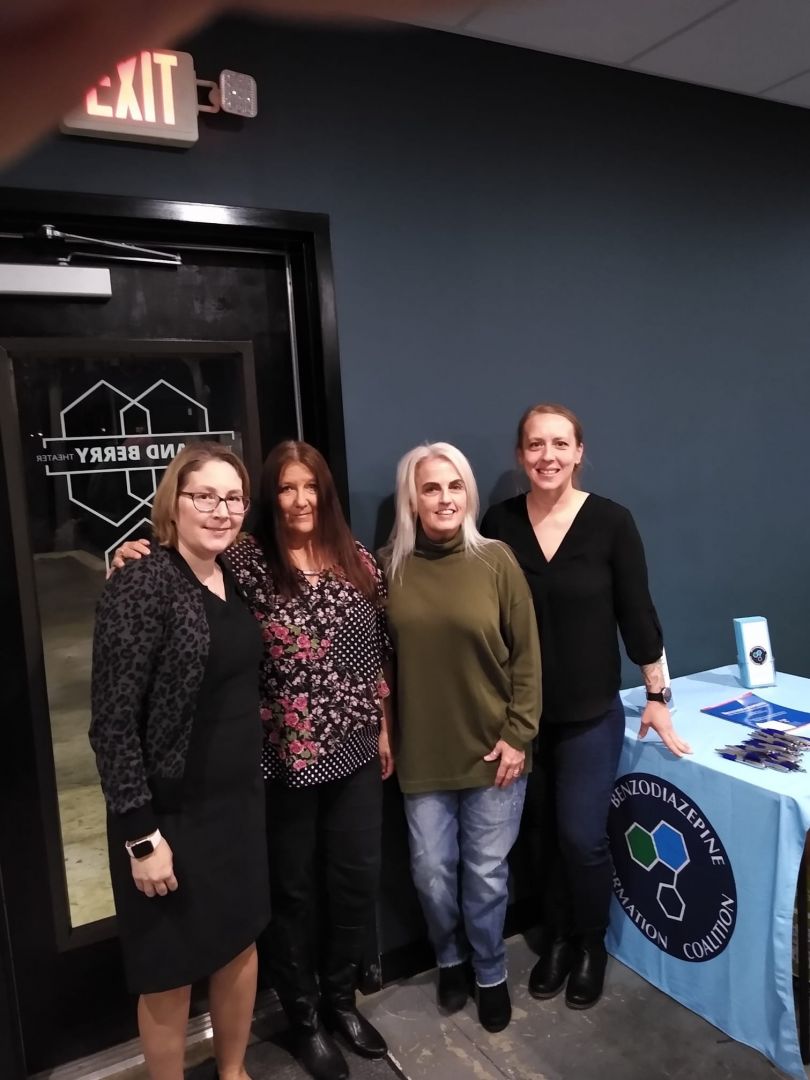
The Shoutout series is all about recognizing that our success and where we are in life is at least somewhat thanks to the efforts, support, mentorship, love and encouragement of others. So is there someone that you want to dedicate your shoutout to?
I’d like to dedicate this Shoutout first to my family, who never gave up on me and supported me through my illness. Knowing that my daughter needed her mom kept me going every single day. I’d also like to recognize my organization BIC. Focusing on the bigger picture, getting outside my own headspace, and helping others who were experiencing the same problem was and still is an instrumental part of my healing journey.
Website: https://www.benzoinfo.com
Instagram: https://www.instagram.com/christyhuffmd/?hl=en
Linkedin: https://www.linkedin.com/in/christy-huff-m-d-83a3517/
Twitter: https://twitter.com/christyhuffMD
Facebook: https://www.facebook.com/bzinfocoalition
Youtube: https://www.youtube.com/c/BzInfoCoalition
Image Credits
Main photo : Tracey Autem Family photo: Shannon Lange
